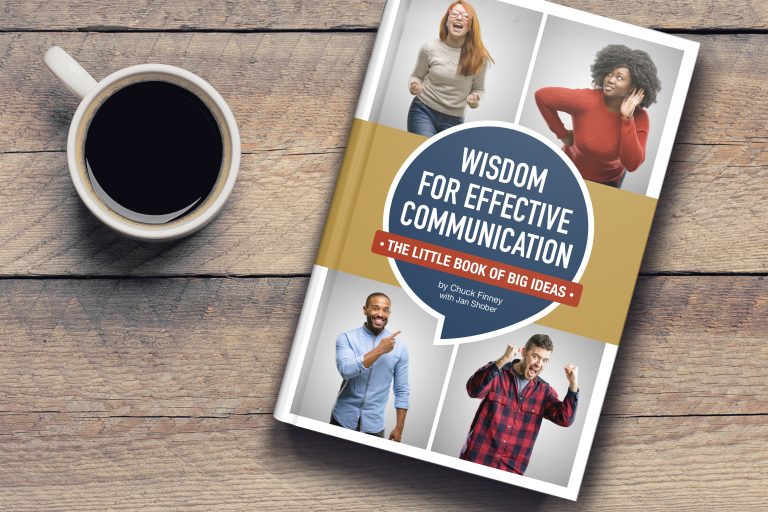August 2017
Main Life Goal/Life Fulfillment
In June and July, we began a series comparing Christian radio listeners with Christians nationwide on beliefs and faith attitudes. You can see both reports from June and July. Using Barna Research’s nationwide survey results on Beliefs and Faith Attitudes, we asked the same questions of Christian radio listeners in multiple markets across the US to see if their beliefs are similar to or different from Christians nationwide. This month, we’re focused on Main Life Goal/Life Fulfillment. Using the statements below, we asked Christian radio listeners if they Agree or Disagree with these statements. The percentages are the sum of “Completely Agree” and “Somewhat Agree”.
| Christian Radio Listeners | Christians Nationwide* | |
| The highest goal in life is to enjoy it as much as possible. | 41% | 67% |
| To be fulfilled in life, you should pursue the things you desire most. | 49% | 72% |
Wow. A smack-in-the-face heaping helping of 2017 reality! Truth = The main purpose of life is to bring glory to God. Our churches and our Spoken Word content teach it. Our songs sing it. Our announcers reflect it. And, yet, two thirds of Christians nationwide believe that “the highest goal of life is to enjoy it”. Four in ten Christian radio listeners agree with that statement. The percentages of agreement are even higher when the same idea is phrased as “To be fulfilled in life, you should pursue the things you desire most.”
We must teach/sing/reflect/proclaim the Truth. If we’re going to do so effectively, we can’t presume the listener’s understanding of Truth. When about half of our current listeners, and two thirds of our potential listeners, agree with statements like this, we risk a communication gap. And in our short-attention-span-theatre, I-have-two-hundred-channels-and-will-leave-if-you’re-not-connecting-with-me-right-now world, if there is a gap, she will likely check out mentally/emotionally or leave.
An example: As heard on from a major radio preacher recently: “we need to read fewer books about the Bible and more of the Bible”. His words are true – we should read the Bible more. But his words assume your listener is reading anything from or about the Bible. If she isn’t (and she likely is not), his words could sound to her condescending, judgmental and out of touch.
If his goal is more Bible reading, what if it sounded more like assuming the reality of little Bible reading? “Would you try a ten day experiment with me? Ten minutes, ten verses, for ten days. I know you’re busy, but for the next 10 days, could you commit to reading your bible in a quiet place for 10 minutes? Read or listen to ten verses each day from the book of John. Begin on Day 1 with John Chapter 1, verses 1 through 10. Then on Day 2, same Chapter, verses 11 through 20. And then ask yourself after ten days . . . Am I closer to God? Have I grown spiritually? I believe you’ll be amazed.”
Here’s the thing. No one who is currently reading the Word will object. And those who aren’t are more likely to give it a shot.
*BarnaTrends 2017, p.53


